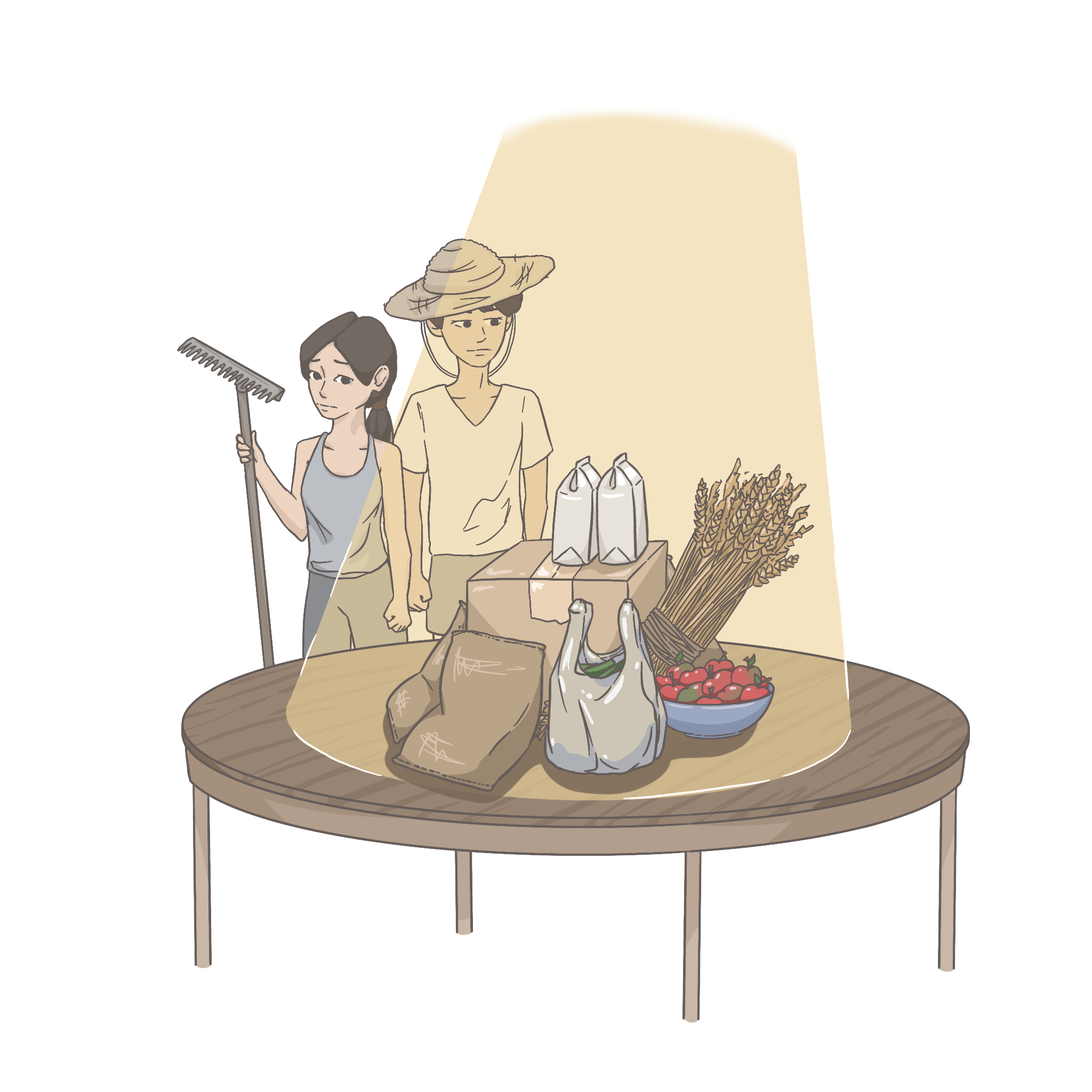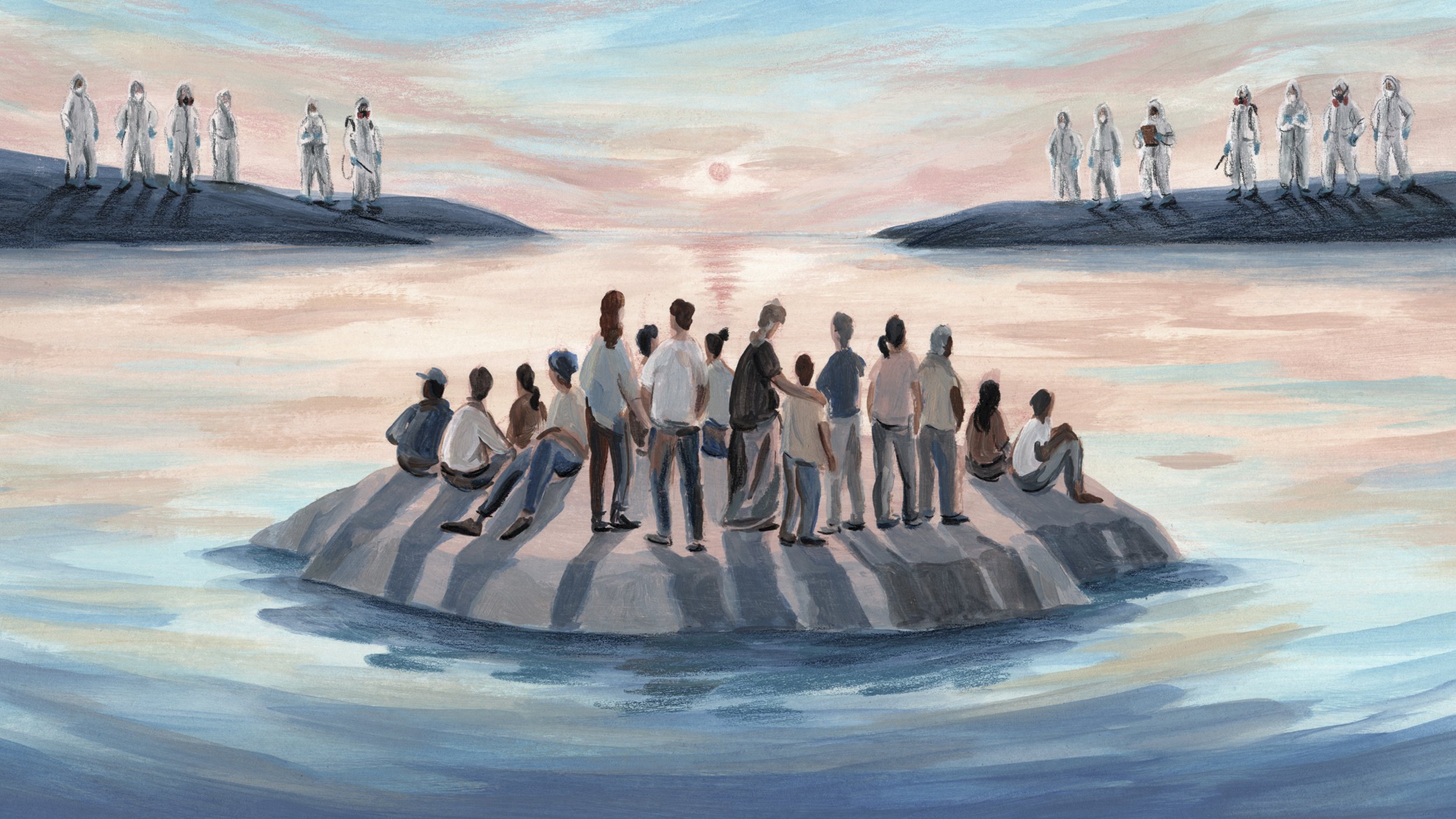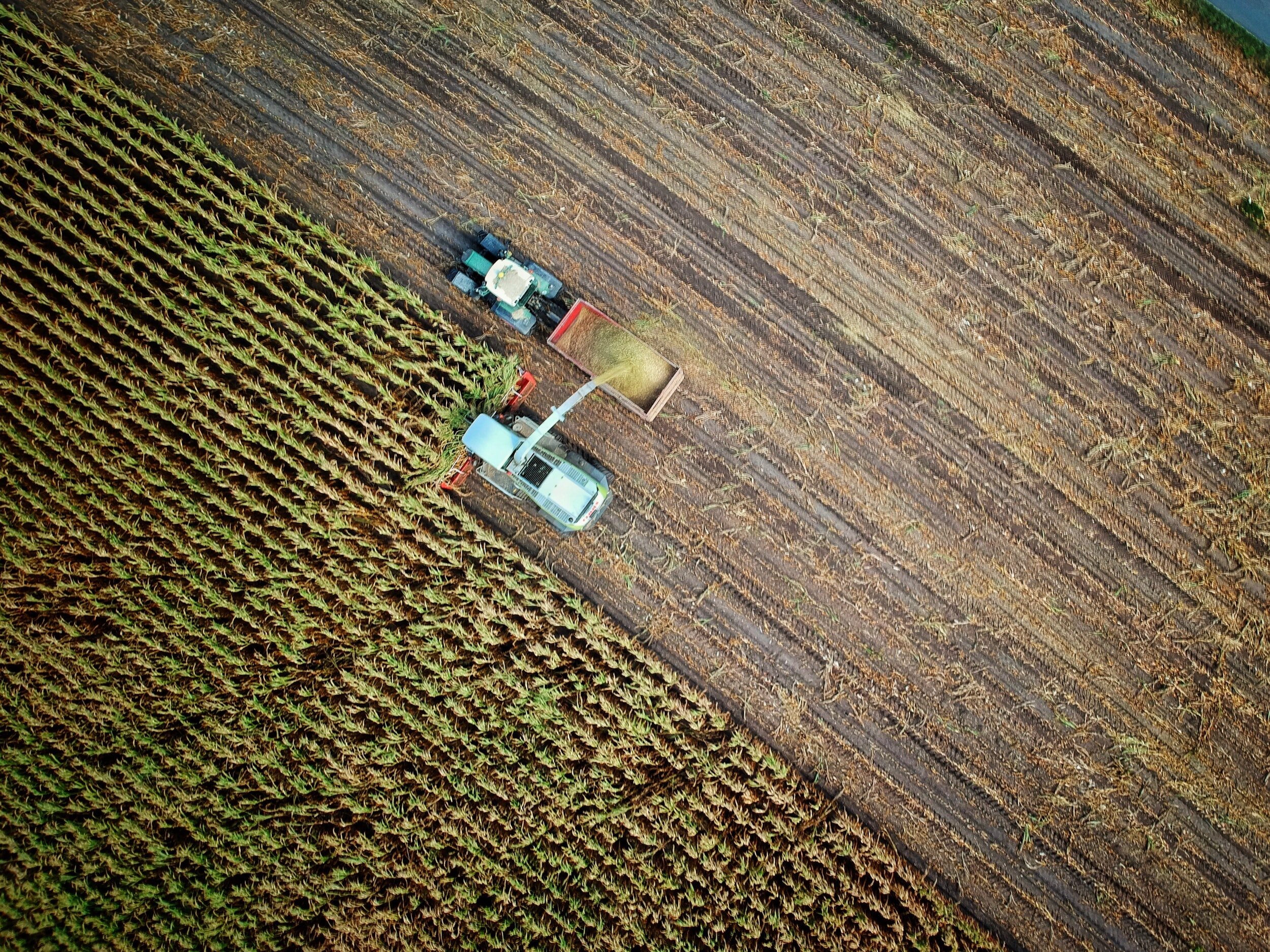Editorial

Bait-and-Switch: Canada’s Immigration Retention Problem
Over the last few decades, thousands of individuals from all over the world have chosen to call Canada “home,” envisioning it as a nation of opportunity, prosperity, and a new life. In 2022 alone, Canada welcomed 437,180 immigrants, a prominent record in the nation’s history [1]. However, while immigration rates are rapidly increasing, emigration rates appear to be rising simultaneously. A recent report titled “The Leaky Bucket: A Study of Immigrant Retention Trends in Canada” by the Institute for Canadian Citizenship (ICC) for the Conference Board of Canada found that onward migration – defined as immigrants leaving their destination country for another – surpassed historical averages in 2017 and 2019 [2].

The Ongoing Legacy of Colonization: A Look into Food Injustice in Puerto Rico
The Food and Agriculture Organization (FAO) of the United Nations (UN) states that food insecurity occurs when an individual does not have “regular access to enough safe and nutritious food for normal growth and development for an active and healthy life” [1]. Food insecurity ranges from mild to severe, with severe meaning that an individual goes without eating for more than a day [1]. A lack of a proper nutritional diet can lead to poor health outcomes such as obesity, low birth weight, stunted childhood growth, anemia, and adverse mental health effects such as a higher risk of developing anxiety or depression…

Addressing Mental Health Service Access among Black Canadians
As conceptualized by the World Health Organization, mental health is the state of well-being where an individual can deal with stressors, be productive, and an active member within their community [1]. It extends beyond the absence of mental health conditions such as anxiety or depression to include a positive sense of well-being and the capacity to enjoy life [2]…

Ongoing Crisis of Agricultural Migrant Workers amid COVID-19
Canada’s seasonal agricultural workers make up a large portion of the agricultural industry and ensure that the country remains free of food insecurity. We often forget about the extensive labour that goes into the production of our food supply. Canada’s agricultural production and supply largely depend on migrant seasonal agricultural workers, who make up about 93% of the agricultural industry [1,16]…

Public Health Lessons from the Past: Scapegoating
Crises such as the COVID-19 global pandemic can lead societies to blame others for their misfortunes, often a group of people from a racial, ethnic and/or religious minority [1]. This is known as scapegoating [1]. Since the COVID-19 pandemic began, Asian Canadians have been victimised as scapegoats, increasingly becoming targets of violent anti-Asian attacks…

The Complex Matter of Collecting Race-Based Healthcare Information
There is no question that racial inequalities translate into the public health context. These inequalities may manifest in the form of poor health outcomes due to factors including a lack of medical access and prolonged structural racism, which heavily impacts social determinants of health…

Vaccinating the World: Why COVAX is Critical to Halting the COVID-19 Pandemic
The global response to the coronavirus disease 2019 (COVID-19) pandemic has been complicated by the scarcity of medical resources.

The World Food Programme: Past Successes and Future Challenges in Reducing Global Hunger and Conflict
The World Food Programme (WFP) was awarded the 2020 Nobel Peace Prize for its food assistance programs in conflict-affected states and its work to prevent the use of hunger as a weapon of war. Since it was founded in 1961, the WFP has contributed substantially to reducing global hunger. Nevertheless, the Nobel Committee’s decision this year may not appear to be the obvious choice.

COVID-Mediated Anthropause and the Pressing Need for a Planetary Health Perspective
The COVID-19 pandemic has stopped much of human activity in its tracks over the past eleven months, most notably due to many countries closing their borders, restricting public transport usage, and putting nation-wide lockdowns into place in an effort to enforce social distancing and control coronavirus case counts…

Violence and Protest in Latin America: Why the People are Pushing Back After a ‘Lost Decade’
In recent years, Latin America has erupted into a state of civil unrest, with conflict and protests reaching a boiling point in Venezuela, Chile, Bolivia, Nicaragua, Ecuador, and other countries across Central and South America …

Mitigating the Cultural Factors Barring Recent Immigrants’ Access to the Canadian Health Care System
Despite the advent of a new decade, we appear to have carried with us many of the same growing fears that were building up toward the end of 2019 through to 2020…

Tofu, Recycling Shipments, and Dioxin: How the Western World’s Waste is Contaminating Food in South-Eastern countries
The West takes pride in its general emphasis on recycling. Most homes have recycling facilities nearby, public facilities such as malls and parks have numerous bins, and schools teach their students about the importance of sorting and properly disposing of their waste…

Poverty and the Environment: Beyond Flint
Children, who are the most vulnerable to lead poisoning, have been some of the hardest-hit victims of the contamination of the Flint, Michigan water supply. The crisis began when the city began sourcing its water from the Flint River in May of 2014…

Jumping on the Global Mental Health Bandwagon? Injustices Preventing the Reduction of the Mental Health Treatment Gap
Global Mental Health is defined as a field which “aims to improve treatments, increase access to services, and reduce human rights abuses of people experiencing mental disorders” 1. Many countries have become increasingly interested in Global Mental Health issues and have consequently attempted to place mental health at the forefront of practice and politics…

The Sight of Sight For All
For one who is poor, for one who lives under $2/day, for one who has to work every day to feed the family, blindness equals death … With several competing priorities, there is a severe lack of facilities to treat the poorest of the poor for blindness at an affordable price.

PEACH Program Provides Compassionate Palliative Care for City’s Homeless
On any given night, over 30,000 people are homeless in Canada with 2,880 unsheltered outside in cars, parks or on the street, 14,400 staying in emergency shelters, 7,350 staying in shelters for violence against women, and 4,464 people in temporary institutional accommodations such as hospitals, prisons or interim housing…

What is the Price of a Smile?
The lack of basic resources in many developing countries remains responsible for the death of millions of children annually. Some of the illnesses responsible for such high morbidity and mortality rates can be avoided through simple preventive measures including immunization, access to drinking water, proper hygiene, and appropriate nutrition…
